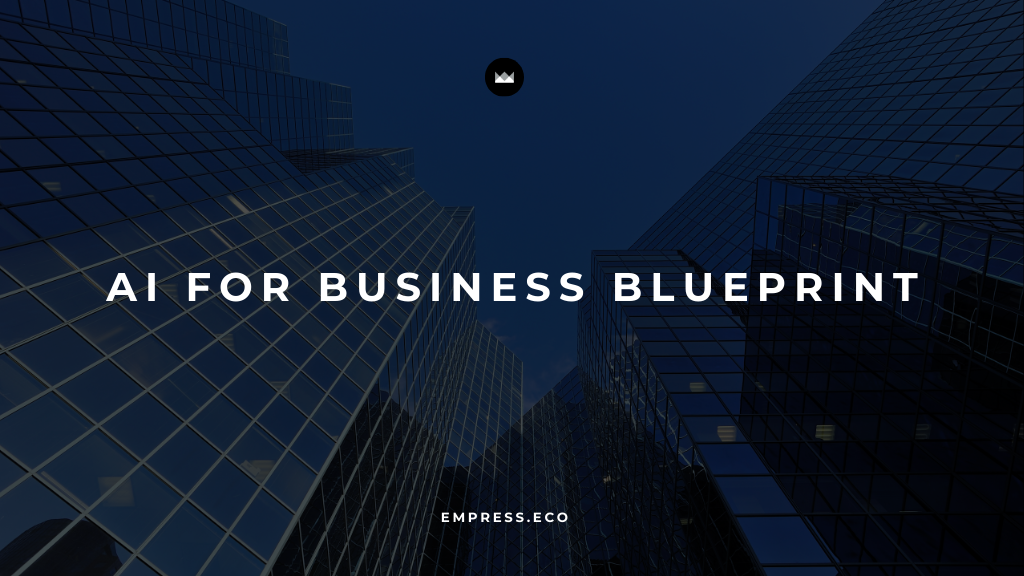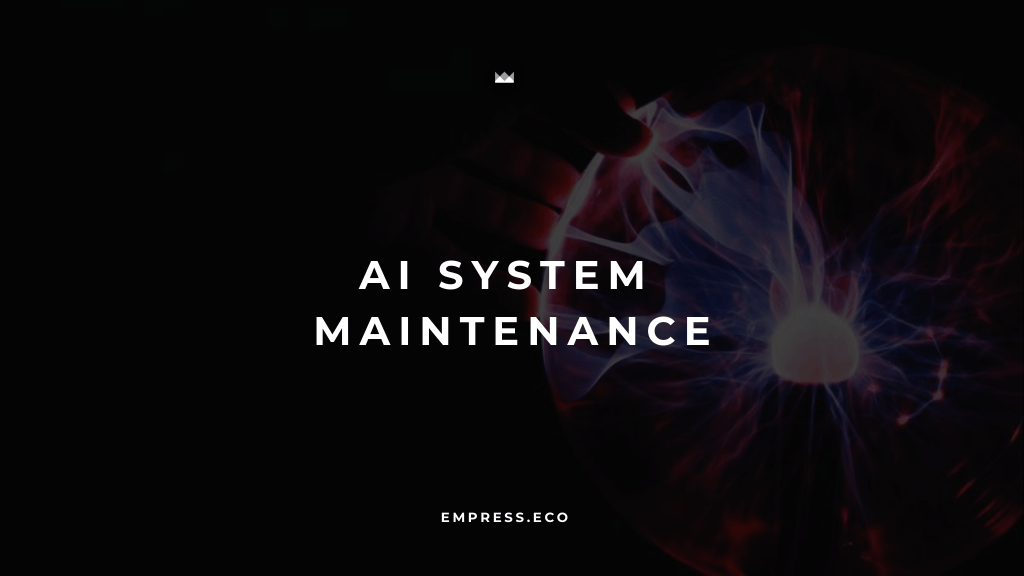Artificial intelligence (AI) and automation are revolutionizing industries by enhancing efficiency, driving innovation, and creating new opportunities for growth. From manufacturing to healthcare, AI-powered solutions are reshaping how businesses operate and interact with their customers. This blog explores the impact of AI on various industries, highlighting real-world applications and success stories that demonstrate its transformative potential.
Understanding AI and Automation
Before delving into specific industries, it's important to understand what AI and automation entail. AI encompasses technologies that enable machines to perform tasks that typically require human intelligence, such as learning, reasoning, problem-solving, and decision-making. Automation involves using technology to perform tasks without human intervention. When combined, AI and automation create systems that can independently perform complex tasks, learn from data, and improve over time.
AI in Manufacturing
The manufacturing sector has been at the forefront of adopting AI and automation to optimize production processes, improve quality control, and enable predictive maintenance.
Collaborative Robots (Cobots)
Cobots, or collaborative robots, are designed to work alongside human workers. Unlike traditional industrial robots that operate in isolation, cobots can safely interact with human employees on the factory floor. This enhances productivity by allowing humans and robots to leverage their respective strengths.
For example, automotive manufacturers like BMW and Ford use cobots for tasks such as screwing and polishing. These cobots improve precision, reduce the risk of human error, and allow human workers to focus on more complex tasks.
Predictive Maintenance
Predictive maintenance uses AI to analyze data from sensors embedded in machinery to predict equipment failures before they occur. This reduces downtime and maintenance costs by allowing companies to address issues proactively rather than reactively.
Companies like Pepsi and Colgate have implemented AI-driven predictive maintenance systems. These systems monitor machinery in real-time, detect potential issues early, and schedule maintenance only when necessary, ensuring smooth and efficient production processes.
AI in Healthcare
AI is transforming healthcare by improving diagnostics, treatment planning, and patient care. The ability of AI to analyze vast amounts of medical data quickly and accurately is driving significant advancements in the field.
Enhanced Diagnostics
AI algorithms can analyze medical images and patient data to provide accurate diagnoses and personalized treatment plans. This technology reduces the likelihood of misdiagnosis and allows for earlier detection of diseases, leading to better patient outcomes.
For example, AI systems assist doctors in diagnosing diseases such as cancer with higher precision. By analyzing imaging data, AI can identify early signs of tumors that may be missed by the human eye, enabling timely intervention.
Predictive Analytics for Population Health
AI-powered predictive analytics can identify health trends and forecast disease outbreaks, helping healthcare providers implement preventive measures and improve public health management.
For instance, AI models can predict flu outbreaks by analyzing data from various sources, including social media, weather patterns, and historical health records. This allows healthcare systems to allocate resources more effectively and minimize the impact on communities.
AI in Finance
The finance industry is leveraging AI to enhance fraud detection, risk management, and personalized financial services. AI's ability to process large volumes of data and detect patterns is particularly valuable in this sector.
Fraud Detection and Prevention
AI algorithms analyze transaction patterns to identify anomalies and prevent fraudulent activities. This technology enhances security by providing real-time monitoring and quick response to potential threats.
Banks use AI to monitor transactions in real-time, detecting and preventing fraud before it impacts customers. For example, machine learning models can flag unusual spending patterns that deviate from a customer's typical behavior, prompting further investigation.
Algorithmic Trading
Algorithmic trading uses AI-driven algorithms to execute trades based on trend analysis and market conditions. This optimizes investment strategies and improves returns by reducing human error and responding to market changes more swiftly.
Financial firms leverage AI to automate trading decisions. By analyzing vast amounts of market data, AI can identify profitable trading opportunities and execute trades with high precision and speed.
AI in Retail
AI is transforming the retail sector by improving inventory management, customer service, and personalized shopping experiences. Retailers are using AI to better understand customer behavior and streamline operations.
Inventory Management
AI optimizes inventory levels by predicting customer demand and automating restocking processes. This ensures products are available when needed and reduces waste from overstocking.
Retailers use AI to analyze sales data and adjust inventory levels in real-time. This prevents stockouts and overstocking, ensuring that products are always available for customers while minimizing excess inventory costs.
Personalized Customer Experiences
AI-powered chatbots and recommendation engines enhance customer interactions by providing personalized support and product suggestions based on individual preferences and behaviors.
E-commerce platforms use AI to recommend products based on a customer's browsing history and purchase patterns. This personalization increases customer satisfaction and boosts sales by offering relevant products that meet the customer's needs.
Overcoming Challenges in AI Implementation
While AI offers significant benefits, businesses face several challenges when adopting these technologies.
Data Privacy and Security
Ensuring data privacy and security is crucial for AI implementation. Businesses must comply with regulations such as GDPR and implement robust data protection measures to maintain customer trust.
For example, companies need to ensure that AI systems handling sensitive customer data are secure and comply with all relevant privacy regulations. This involves encrypting data, implementing access controls, and regularly auditing AI systems for vulnerabilities.
Lack of In-House Expertise
Many organizations struggle with a lack of AI expertise. Investing in training and collaborating with AI specialists can help bridge this gap and facilitate successful AI adoption.
Businesses can partner with AI consultancies or hire AI experts to develop and implement AI strategies. Additionally, investing in employee training programs can equip staff with the necessary skills to work alongside AI technologies effectively.
Ethical Considerations
AI raises ethical concerns, such as algorithmic bias and transparency. Companies must develop ethical guidelines and ensure AI systems operate fairly and transparently.
To address algorithmic bias, businesses should regularly audit AI systems and adjust algorithms to ensure fair treatment of all individuals. Transparent AI practices, such as explaining how decisions are made, can also help build trust with customers and stakeholders.
Conclusion
AI and automation are reshaping industries by enhancing efficiency, driving innovation, and creating new opportunities for growth. From manufacturing to healthcare, AI-powered solutions are transforming how businesses operate and interact with their customers. By addressing challenges related to data privacy, expertise, and ethics, businesses can harness the full potential of AI to achieve sustainable success. As AI continues to evolve, embracing these technologies will be crucial for maintaining a competitive edge and driving long-term growth.



